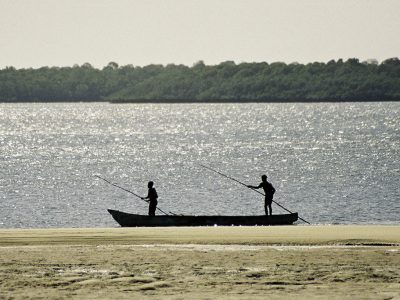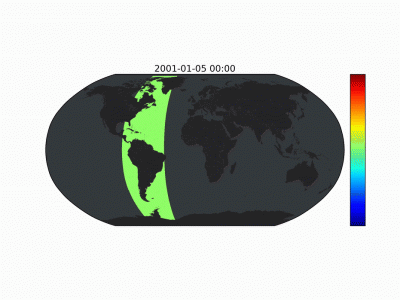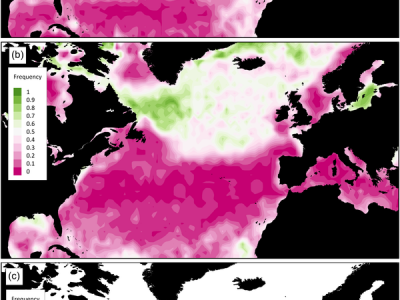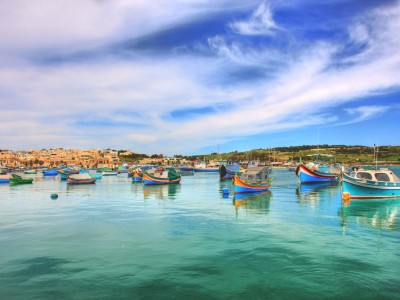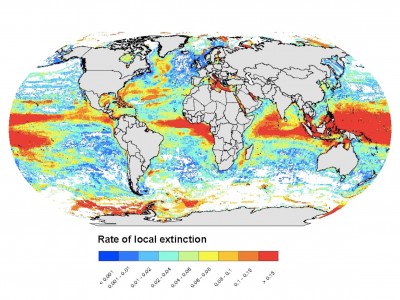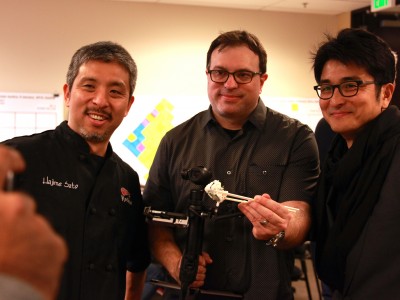Fish catch declines may cause micronutrient deficiencies in developing nations
More than 10% of the global population could face nutrition deficiencies in the coming decades due to fish catch declines, says a new Nature commentary published today co-authored by Nereus Director of Science William Cheung.



